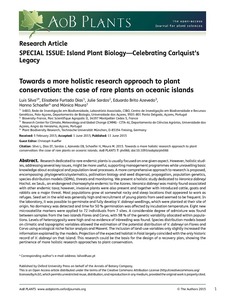Oxford University Press is the largest university press in the world, publishing in 70 languages and 190 countries. Our Global Academic Publishing program spans the entire academic and higher education spectrum, including a wide array of scholarly and general interest books, journals, and online products.
Mission
At OUP, we believe in the power of the written word and the scholarship that stands behind it. Everything we publish relates directly to our mission: to support Oxford University's objective of excellence in research, scholarship, and education. As a press, we take pride in this mission, which allows us to enable, support, and facilitate research and scholarship.
Members:
Resources
Displaying 6 - 10 of 28The Urban Imperative
The volume emphasizes the need to rethink cities and to imagine a better urban future by providing the reader with diverse perspectives on urbanization such as the changing economic landscape, city competitiveness, entrepreneurship, inclusion, informality, sustainability, and provision of essential services.
Towards a more holistic research approach to plant conservation: the case of rare plants on oceanic islands
Research dedicated to rare endemic plants is usually focused on one given aspect. However, holistic studies, addressing several key issues, might be more useful, supporting management programs, while unravelling basic knowledge about ecological and population level processes. A more comprehensive approach to research is proposed, encompassing: phylogenetics/systematics, pollination biology and seed dispersal, propagation, population genetics, species distribution models (SDMs), threats and monitoring.
Towards a more holistic research approach to plant conservation: the case of rare plants on oceanic islands
Research dedicated to rare endemic plants is usually focused on one given aspect. However, holistic studies, addressing several key issues, might be more useful, supporting management programs, while unravelling basic knowledge about ecological and population level processes. A more comprehensive approach to research is proposed, encompassing: phylogenetics/systematics, pollination biology and seed dispersal, propagation, population genetics, species distribution models (SDMs), threats and monitoring.
analysis of forest land use, forest land cover and change at policy-relevant scales
Quantifying the amount of forest and change in the amount of forest are key to ensure that appropriate management practices and policies are in place to maintain the array of ecosystem services provided by forests. There are a range of analytical techniques and data available to estimate these forest parameters, however, not all ‘forest’ is the same and various components of change have been presented. Forest as defined by use and forest as defined by cover are different, although it is common for scientists and policy makers to infer one from the other.
Do Wealth Gains from Land Appreciation Cause Farmers to Expand Acreage or Buy Land?
Recent increases in farm real estate values in the United States have increased farm equity. By exploiting periods of high and low appreciation that caused various increases in wealth for farmers owning various shares of their farmland, we examine whether U.S. grain farmers expanded their acres harvested or acres owned in response to an increase in their land wealth. We find that land wealth had little effect on farm size. However, for similarly-sized farms, a larger ownership share (10 percentage points) led to an increase in the growth of land owned (2 percentage points).




